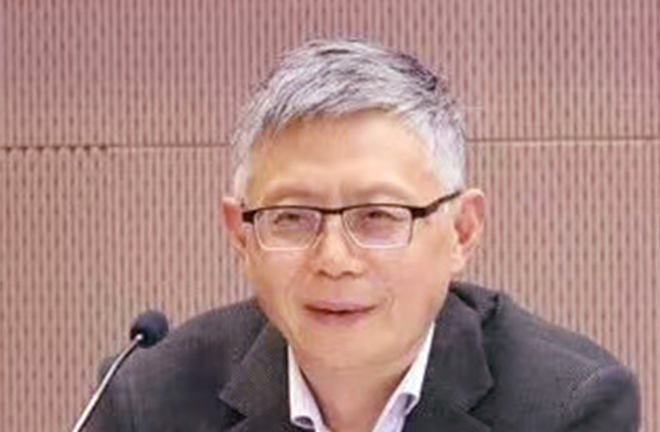Diversity and individuality both key to world philosophy

World philosophy may be understood at different levels. To understand philosophy—as world philosophy—can be first attributed to this broader context in which history has already become world history. Similarly, world philosophy means overcoming territorial cultural traditions and specific cultural backgrounds to understand the world itself from the perspective of “the world.”
From the perspective of history’s past development, the Chinese and Western systems of philosophy were limited to their own spheres of being and cultural traditions. These different cultural spaces, and historical contexts, left distinctive marks on their respective spheres of philosophical thought.
World history mainly determines the worldly dimension of philosophy from the background of being. As for philosophy itself, to move towards world philosophy simultaneously means returning to the original form of philosophy. Upon its birth, philosophy is inseparably tied to the pursuit of wisdom. As a way of grasping the world, wisdom must be distinguished from knowledge: knowledge is directed towards specific domains and objects in the empirical world, whereas wisdom demands overcoming the limits of the empirical domain by grasping the world as a whole.
As a form of wisdom, philosophy both transcends the limitations of knowledge and thus shows universal dimensions while also intrinsically including a concern for values, so studying world philosophy means understanding the meaning of the world for human beings from the broader perspective of human values.
In the context of history moving towards world history, the common values and universal good of humankind has gradually come to the fore, and the issues of identifying with humankind (affirming oneself as a member of humankind) appear more necessary and more possible than in past historical ages. Even though various differences and conflicts still exist in such domains as the economic, political, cultural, and ideological spheres, these differences and conflicts are also intrinsic to the process of globalization and their alleviation is inseparable from the universal and global horizon.
The universal horizon, through a global perspective, is simultaneously connected to philosophy’s own evolution. In this respect, the development of world philosophy involves the issue of multiple resources and wisdoms. World philosophy in this sense means overcoming the one-sided confinement of self-enclosed traditions and utilizing different forms of wisdom that human beings formed with different cultural backgrounds, which further catalyzes the deepening of philosophical thought itself and understandings of the world.
As far as philosophy goes, Chinese philosophy and Western philosophy developed relatively independently in their respective traditions for a considerable period of time, and in the context of history becoming world history, philosophy may for the first time overcome one-sided traditions and partial theoretical resources. Here, genuinely utilizing the multiple wisdoms of humankind promotes humanity’s understanding of the world.
Of course, we should carefully avoid simplifying world philosophy into one single form of philosophy or dogmatically understanding it as a system so vast that it encapsulates the whole of philosophy, leaving nothing out of it. A single solitary form of philosophy is not the true meaning of world philosophy. On the contrary, world philosophy is intrinsically consistent with the diversification and individualization of philosophy.
From the perspective of world history, the works of philosophers from different cultural traditions and walks of life will still possess unique individuality, and individuality does not conflict with becoming worldly, or rather we should say, the world of thought is realized precisely through the path of individualization.
In the process of moving towards world philosophy, the unique background of every philosopher and the tradition he or she adopts always manifests in his or her unique consciousness and thought of philosophical questions, and in how different philosophical resources are understood and selected, and so the philosophical thought effectively produced will show its unique individuality. Therefore, the maturing world of philosophy is just the other side of the same process, in which diversification and individualization coexist.
Yang Guorong is a professor and dean of the Academy of Humanities & Social Sciences at East China Normal University. This article was edited from his paper submitted to the forum.
Edited by CHEN MIRONG
